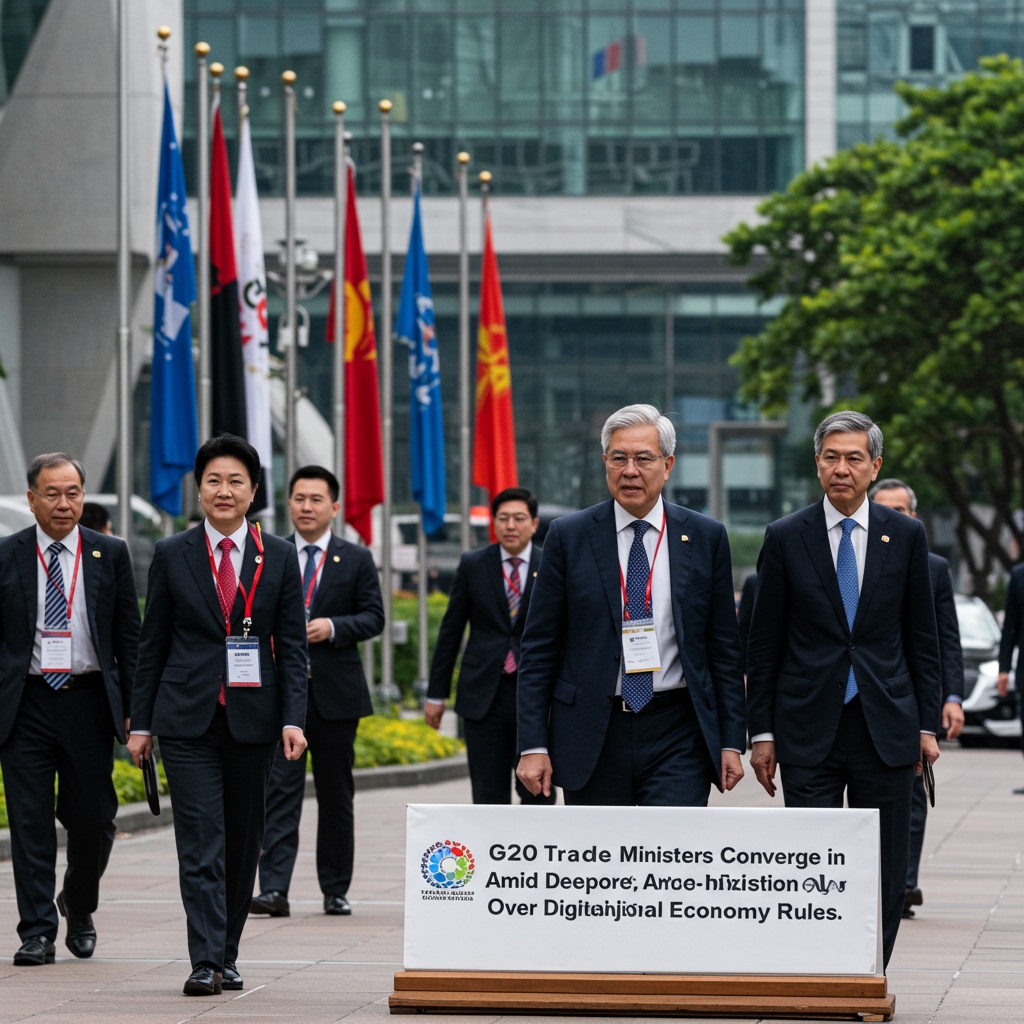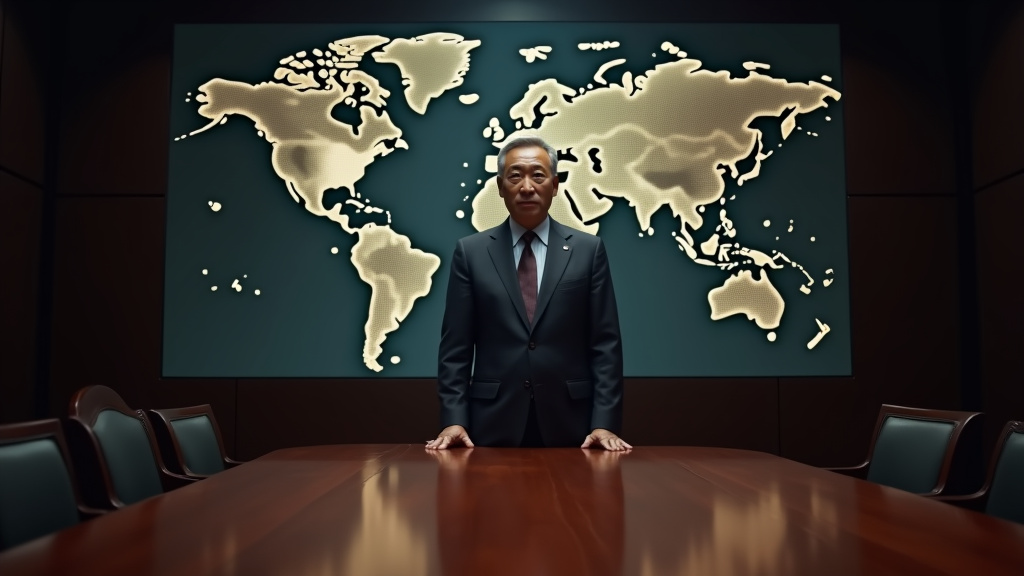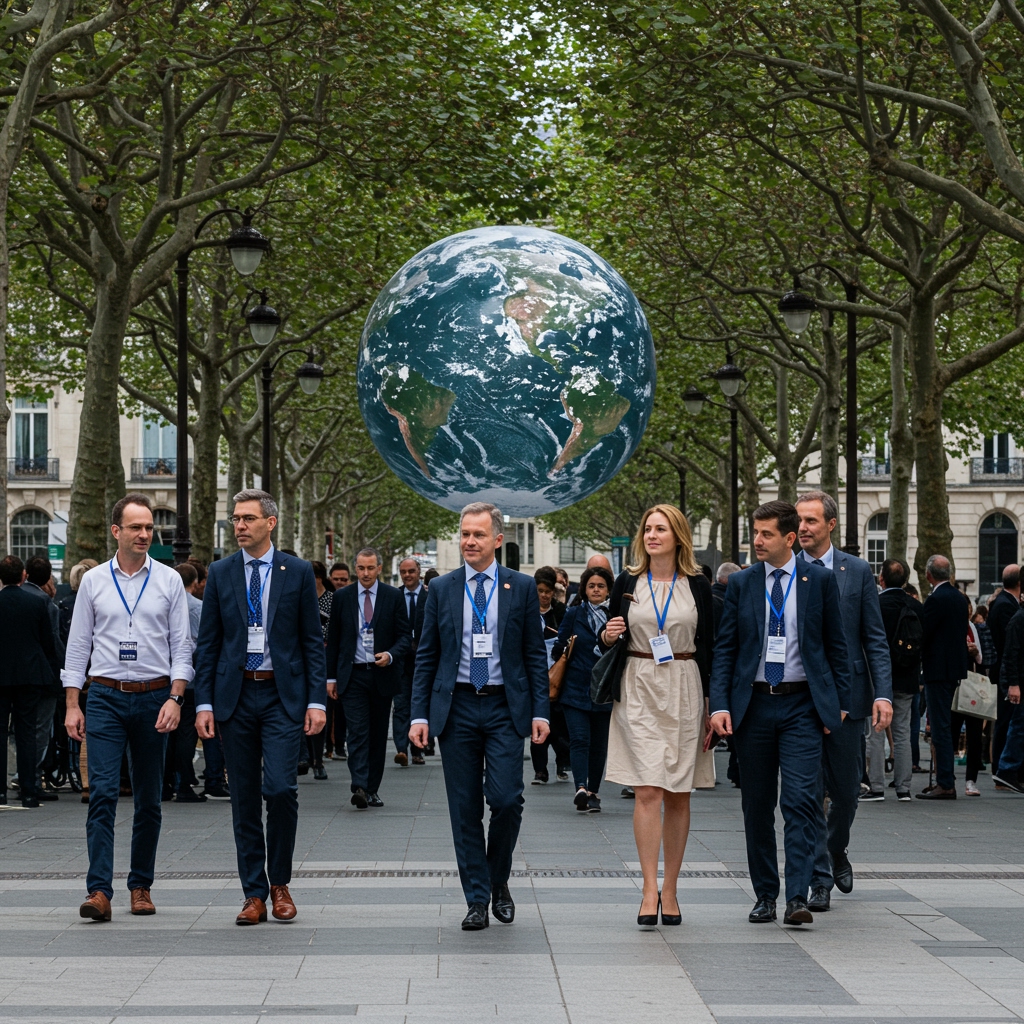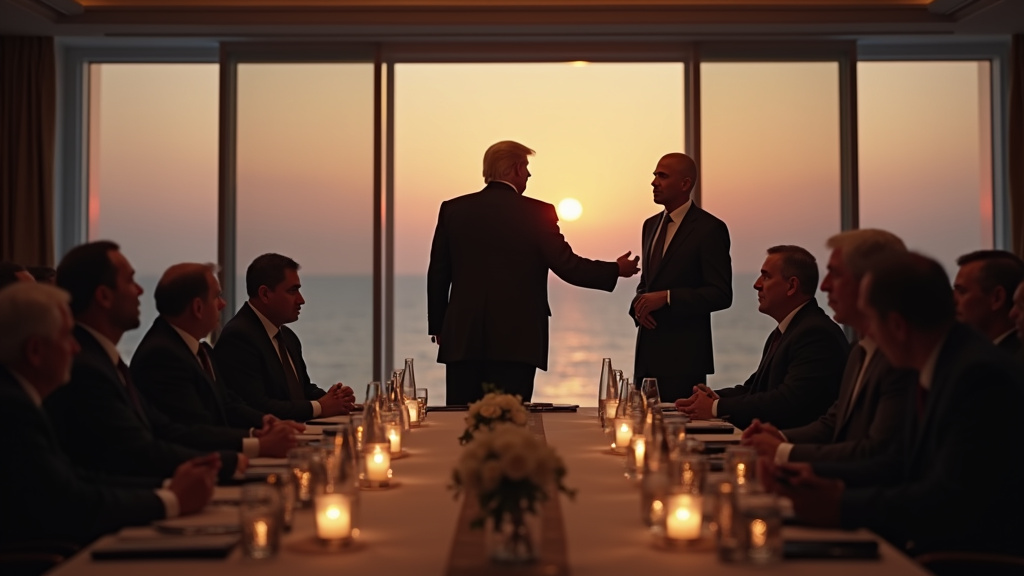Singapore Hosts Critical G20 Trade Dialogue
Trade Ministers representing the G20 nations have convened in Singapore for a pivotal series of discussions spanning from May 6th to May 8th, 2025. This high-level gathering serves as a crucial preparatory meeting ahead of the main G20 Summit scheduled for later in the year. The agenda is packed, but the proceedings are significantly overshadowed and dominated by tense negotiations focused on establishing a global framework of standards for digital trade and data flows.
Deep Divisions Cloud Digital Trade Talks
The ambition for a unified international approach to the digital economy is facing considerable headwinds. Significant disagreements persist between member states on fundamental aspects of how digital commerce and data should be governed across borders. Sources close to the negotiations indicate that major economic blocs and individual nations remain sharply divided on key policy areas. Among the most contentious issues are data localization requirements, which mandate that certain data must be stored within a country’s physical borders, and rules governing cross-border data transfers, which determine how data can move between jurisdictions.
Key Players and Contested Issues
The chasm of disagreement is particularly evident among influential participants. The European Union, known for its robust data privacy regulations, and several Asian economies, each with unique regulatory landscapes and national interests, are reportedly among those with differing perspectives. These divisions reflect a complex interplay of concerns ranging from national security and data privacy to economic competitiveness and the desire to foster or restrict the free flow of information essential for the modern digital economy. The lack of consensus threatens to fragment the global digital landscape, potentially increasing costs for businesses and hindering innovation.
Facilitation Efforts and Persistent Obstacles
Efforts to bridge these gaps are underway. The World Trade Organization (WTO) has reportedly been involved in facilitation efforts, attempting to guide discussions and find common ground within the complex multilateral environment. Despite these attempts, the inherent differences in regulatory philosophies and national priorities have made progress challenging. The core conflict lies between approaches that prioritize open data flows with minimal restrictions and those that advocate for stricter controls to protect domestic interests or citizens’ data.
Pressure Mounts as Deadline Nears
The clock is ticking for the delegates in Singapore. They are under considerable pressure to find common ground and make substantive progress. The goal is to finalize key agenda points and draft language by the meeting’s conclusion on May 8th. Success in Singapore is seen as essential to pave the way for potential agreements later this year at the main G20 Summit or other relevant international forums. A failure to reach a meaningful consensus could mean further delays in establishing much-needed global rules for the rapidly expanding digital economy, leaving businesses and consumers operating in an increasingly uncertain environment.
Looking Ahead: The Stakes in Singapore
The outcome of the Singapore meeting will have significant implications not just for G20 nations but for the global digital economy as a whole. While a comprehensive, legally binding agreement might not be finalized this week, finding convergence on core principles and narrowing the scope of disagreement are critical steps. The ability of these leading economies to forge a shared vision for digital trade and data governance will be a key indicator of future international cooperation in this vital sector. All eyes remain on Singapore as ministers work towards overcoming entrenched positions before the May 8th deadline.





